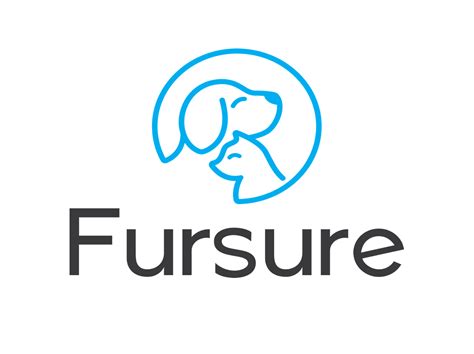Introduction
The bond between humans and animals has been an integral part of our society for centuries, and the pet-friendly culture is a testament to this connection. In recent years, we have witnessed a significant shift towards welcoming pets into our homes, workplaces, and public spaces. This trend is expected to continue growing in the coming years, with 2025 set to be a pivotal milestone in the evolution of pet-friendliness.

Current Status: The Rise of Pet Ownership
The American Pet Products Association (APPA) reports that 69% of U.S. households own at least one pet. This represents a 3% increase since 2018, indicating a growing interest in pet companionship. The top reasons for pet ownership include companionship, unconditional love, and stress relief.
Benefits of Pet-Friendliness
The benefits of embracing a pet-friendly culture extend beyond the emotional bond we share with our furry companions. Studies have shown that interacting with pets can:
- Reduce stress and anxiety
- Improve cardiovascular health
- Enhance mental well-being
- Provide social interaction and support
The Role of Businesses in Fostering Pet-Friendliness
Businesses play a crucial role in fostering a pet-friendly society. By adopting pet-friendly policies, businesses can:
- Attract and retain pet-owning customers
- Enhance employee morale and productivity
- Support local animal shelters and rescue organizations
Challenges to Pet-Friendliness: Balancing Considerations
While the pet-friendly culture is gaining momentum, there are still challenges to overcome:
- Hygiene and cleanliness: Ensuring that public spaces remain clean and hygienic is essential for the well-being of both pets and humans.
- Allergies and safety: Some individuals may have allergies or phobias related to pets. It is important to strike a balance between pet-friendliness and the safety and comfort of all patrons.
Future Trends and Innovations
The future of pet-friendliness holds exciting possibilities:
Smart Pet Technologies: Advanced technologies like AI-powered pet feeders, GPS trackers, and remote monitoring systems will enhance the lives of pets and their owners.
Pet-centric Design: Architects and designers are envisioning innovative spaces that seamlessly integrate pets into our living environments.
Pet Care as a Service: Subscription-based pet care services will offer tailored grooming, training, and health management options for pet owners.
Tips for Embracing Pet-Friendliness
- Create designated pet-friendly areas: Establish clear and well-maintained spaces where pets can socialize and play without disrupting others.
- Provide amenities for pets: Offer water bowls, treat stations, and pet waste disposal bags to enhance the experience for pet owners.
- Train staff: Educate staff on proper pet handling and customer service etiquette in the presence of pets.
- Partner with local animal shelters: Collaborate with animal welfare organizations to host adoption events or provide support for local pets.
Conclusion
The pet-friendly culture is poised to become even more prevalent in the years to come. By embracing the benefits of human-animal companionship and addressing the challenges associated with it, we can create a society that celebrates the bond between humans and their furry friends. As we move towards 2025, let us continue to foster a Fursure pet-friendly future where pets are valued and cherished as integral members of our communities.
Table 1: Pet Ownership Statistics in the United States
| Year | Percentage of Households Owning Pets |
|---|---|
| 2018 | 66% |
| 2021 | 69% |
| 2025 (projected) | 72% |
Table 2: Benefits of Pet Ownership
| Benefit | Description |
|---|---|
| Companionship | Pets provide emotional support and unconditional love. |
| Reduced stress | Interacting with pets releases endorphins that have a calming effect. |
| Improved cardiovascular health | Pets can encourage physical activity and lower blood pressure. |
| Enhanced mental well-being | Pets can provide a sense of purpose and reduce feelings of loneliness. |
| Social interaction and support | Pets can connect people with others who share their love for animals. |
Table 3: Challenges to Pet-Friendliness
| Challenge | Description |
|---|---|
| Hygiene and cleanliness | Ensuring that public spaces remain clean can be a concern when allowing pets. |
| Allergies and safety | Some individuals may have allergies or phobias related to pets. |
| Access to public spaces | Restricting pets from certain public spaces can be a source of debate. |
Table 4: Future Trends in Pet-Friendliness
| Trend | Description |
|---|---|
| Smart Pet Technologies | Advanced technologies will enhance the lives of pets and their owners. |
| Pet-centric Design | Architects and designers will create innovative spaces that integrate pets. |
| Pet Care as a Service | Subscription-based services will offer tailored pet care options. |
| Personalized Pet Experiences | AI-powered systems will customize pet care and recommendations. |





















